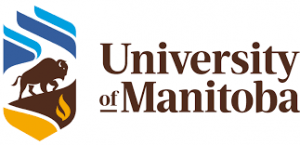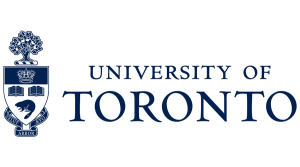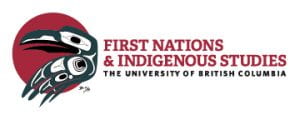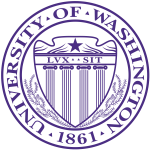Our research team is comprised of a diverse group of academics, community partners, practitioners and students. Together, we aim to establish productive and fruitful partnerships that will leverage our collective expertise and generate important insight into questions of Indigenous self-determination.
Principle Investigators
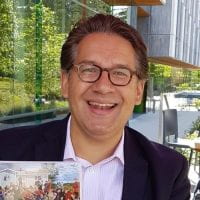
Dr. David B. MacDonald is a full Professor in the Political Science Department at the University of Guelph, with a PhD in International Relations from the London School of Economics. Dr. MacDonald taught for many years at Otago University in New Zealand, and the École Supérieure de Commerce de Paris (ESCP-Europe). His work is focused on Comparative Indigenous Politics, International Relations, and Comparative Foreign Policy. Dr. MacDonald is currently the principle investigator in the multi-year SSHRC funded project Aboriginal-Settler Bi-Nationalism as a form of Reconciliation within a Multicultural context: Can a New Zealand model of Power-Sharing Work in Canada? Dr. MacDonald has published a number of sole- authored books and edited collections, as well as published articles in major academic journals such as the Canadian Journal of Political Science, Journal of Genocide Studies and International Politics.

Sheryl Lightfoot (PhD – University of Minnesota, Political Science) is Anishinaabe, a citizen of the Lake Superior Band of Ojibwe, enrolled at the Keweenaw Bay Indian Community in Baraga, Michigan. She is Canada Research Chair in Global Indigenous Rights and Politics and an associate professor in First Nations and Indigenous Studies and the Department of Political Science. She holds a Master’s Degree from the Hubert H. Humphrey Institute of Public Affairs, University of Minnesota, with specialties in Foreign Policy and International Affairs as well as Economic and Community Development. She also has fifteen years’ volunteer and contract experience with a number of American Indian tribes and community-based organizations in the Minneapolis-St. Paul area, including nine years as Chair of the Board of the American Indian Policy Center, a research and advocacy group.
Collaborators
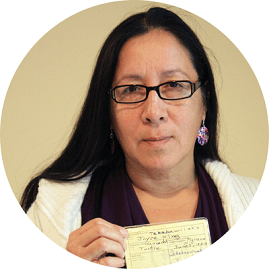
Joyce Tekahnawiiaks (Deh-gunnaw- wee-yuks) M. King is the Director of the Akwesasne Justice Department for the Mohawk Council of Akwesasne. Before being named Director she received a Privy Council appointment as a lifetime Justice of the Peace and presided over the Akwesasne Mohawk Court for ten years. The Akwesasne Court operates under an inherent right jurisdiction and its principles are based on restorative justice. Prior to working with Mohawk Council of Akwesasne, Joyce was the Director for the Haudenosaunee Environmental Task Force (HETF) and oversaw four traditional Haudenosaunee (Iroquois) environmental programs across New York State, who she worked with to develop environmental policies for Tribes in the United States. Joyce was also appointed to the National Environmental Justice Advisory Council (NEJAC) which participated in hosting public environmental forums across the United States. Tekahnawiiaks also served as Administrator for the Mohawk Nation Council of Chiefs and became well-versed in traditional protocol according to oral tradition. During her tenure as Administrator, she was also the Managing of the Akwesasne Notes Bookstore. For the last two years as Administrator, Tekahnawiiaks worked with Indian Time newspaper as the Managing Editor to cover significant events within the Haudenosaunee (Six Nations/Iroquois) Confederacy. Tekahnawiiaks’ work has also been published in the Cornell Journal of Law and Public Policy.
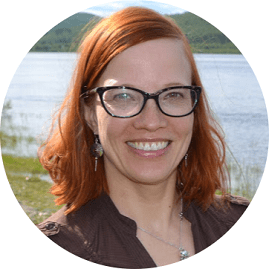
Rauna Kuokkanen is Sámi from Ohcejohka (Utsjoki), Northern Finland. She is Research Professor of Arctic Indigenous Politics at the University of Lapland, Finland. She also holds a position of Associate Professor at the Department of Political Science and Indigenous Studies Program at the University of Toronto. Her main areas of research include comparative Indigenous politics, Indigenous feminist theory, Indigenous women’s rights and Arctic Indigenous governance. Professor Kuokkanen is the author of Reshaping the University: Responsibility, Indigenous Epistemes and the Logic of the Gift (UBC Press, 2007) and Boaris dego eana: Eamiálbmogiid diehtu, filosofiijat ja dutkan (translated title: As Old as the Earth. Indigenous Knowledge, Philosophies and Research, Čálliidlágádus, Sámi Academica Series, 2009). Her new book is titled “Restructuring Relations: Indigenous Self-Determination and Governance in Canada, Greenland and Scandinavia,” forthcoming by Oxford UP. Professor Kuokkanen was the founding chair of the Sámi Youth Organization in Finland and has served as the Vice-President of the Sámi Council. She has also long worked and advocated for the protection of Sámi sacred sites, particularly Suttesája, a sacred Sámi spring in Northern Finland. She’s the author of a number of articles that can be found at rauna.net.
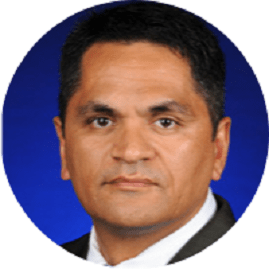
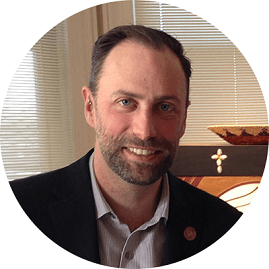
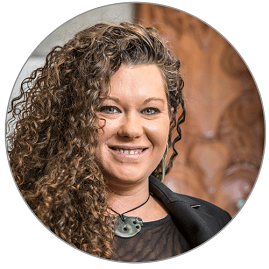
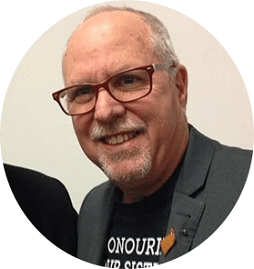
Bernie M. Farber was appointed Executive Director the Mosaic Institute in 2015 and served until October 2017. Bernie is a native of Ottawa and a graduate of Carleton University. His long-spanning career in the not-for-profit sector includes the role of CEO of the Canadian Jewish Congress (2005-2011) where he spearheaded multiple human and civil rights initiatives, inter-faith and inter-ethnic dialogues among Canada’s wide-ranging diverse communities including Rwandan genocide survivors, Darfurian survivors of the Janjaweed as well as working closely with the Canadian Roma community. In 2011, Bernie served as Senior Vice President of Gemini Power Corporation and CEO of the Paloma Foundation. In these capacities he worked in partnership with First Nations peoples towards economic development and community self-reliance in a way that respected both the environment and First Nations’ traditional values. With the Paloma Foundation he worked providing grants and educational opportunities for homeless shelter staff in the GTA. Bernie is a recipient of the 125th Anniversary of the Confederation of Canada Medal, the Zaionz Award for Jewish Communal Service, the Queen’s Diamond Jubilee Medal, and the St John Provincial Commendation.
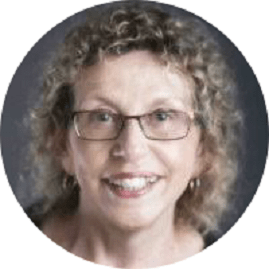
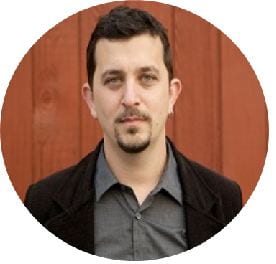
Jason Tockman is a Postdoctoral Fellow at the University of Washington’s Jackson School of International Studies, with support from the Social Sciences and Humanities Research Council of Canada (SSHRC). Jason received his PhD in Political Science from the University of British Columbia (UBC) in 2014, and has subsequently worked as a lecturer/instructor at UBC, Simon Fraser University, and Langara College. His postdoctoral research focuses on the implementation of the UN Declaration on the Rights of Indigenous Peoples (UNDRIP) through focused case studies in Canada, Bolivia, and Ecuador. His doctoral research, which involved a year of field work in Bolivia, explored Indigenous rights, theories of citizenship and democracy, and processes of institutional change. Other areas of research interest include political economy, development and resource extraction, environmental politics, and social movements.
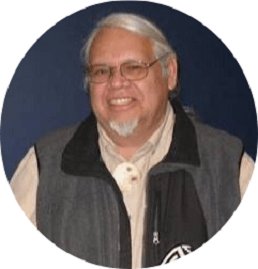
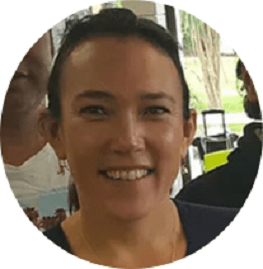
Claire Charters is from Ngati Whakaue, Tuwharetoa, Nga Puhi and Tainui. Claire’s primary area of research is in Indigenous peoples’ rights in international and constitutional law, often with a comparative focus. Her PhD thesis examined the legitimacy of indigenous peoples’ norms under international law, which will also be the focus of a book contracted to Cambridge University Press and due for publication in 2017. Claire is currently working on articles focused on courts’ approaches to Indigenous peoples’ rights and human rights and the relationship between politics and the law, the jurisprudence and contribution of the Expert Mechanism on the Rights of Indigenous Peoples to international law and on theory associated with Indigenous peoples and the law in a collaboration with scholars from the National University of Singapore, University of Victoria and University of Melbourne. Claire has typically combined her academic research and teaching with advocacy for the rights of Indigenous peoples at the domestic and international levels. In 2016 Claire was appointed by the President of the United Nations General Assembly to advise him on enhancing Indigenous peoples’ participation in the United Nations. From 2010-2013 Claire worked for the UN’s Office of the High Commissioner for Human Rights in the Indigenous Peoples and Minorities Section, focusing on the Expert Mechanism on the Rights of Indigenous Peoples.

Valerie Galley

Matthew Wildcat is Nehiyaw (Plains Cree) from the community of Maskwacis Alberta and is a member of Ermineskin Cree Nation. Wildcat is currently an instructor of Political Science and Native Studies at the University of Alberta and is currently completing a PhD in Political Science at University of British Columbia. Matthew is also a senior advisor on communication and governance for the Maskwacis Education Schools commission.


